The above content was shared at a consultation session on the draft project "Making English the second language in schools for the period 2025-2035, with a vision to 2045", recently organized by the Ministry of Education and Training .
According to Mr. Thai Van Tai, Director of the General Education Department, Ministry of Education and Training, the project aims for English to become the second language in the education system by 2045, widely used in teaching, management and educational activities.
The implementation roadmap is divided into three phases (2025-2030, 2030-2040, 2040-2045) with a set of assessment criteria including 7 standards for each level of education.
Key tasks and solutions include: raising social awareness; perfecting mechanisms and policies; developing teaching staff; building programs and learning materials; innovating exams, tests and assessments; applying technology and artificial intelligence; strengthening international cooperation and socialization; promoting emulation and rewards.

Mr. Thai Van Tai, Director of General Education Department. (Photo: MOET)
The project is expected to be implemented in the entire education system with nearly 50,000 facilities, about 30 million students and 1 million staff and teachers. In particular, the project states that it is necessary to add about 12,000 preschool English teachers and nearly 10,000 primary school teachers. At the same time, the project content states that it is necessary to train at least 200,000 teachers capable of teaching in English by 2030.
Resources for implementation include the State budget and the participation and contributions of businesses, organizations and individuals. The Ministry of Education and Training affirmed that the success of the project requires social consensus and persistent implementation over 20 years, in order to contribute to improving national competitiveness and deep international integration.
From the perspective of a teacher training unit, Professor Nguyen Quy Thanh, Principal of the University of Education ( Hanoi National University), said that training English as a second language must be associated with training in thinking, the ability to receive and reflect on culture, and at the same time combined with rational thinking to create substantial changes.
Besides, the period from 4 to 7 years old is the "golden period" for learning a language, but if children learn English too early, it can affect their ability to master their mother tongue and absorb Vietnamese culture.
Meanwhile, Mr. Lam The Hung, Deputy Director of the Department of Education and Training of Tuyen Quang, said that implementing the project in a locality with many ethnic minorities is a heavy task.
Despite the investment of resources, teaching Vietnamese before entering grade 1 for ethnic minority children has not achieved the desired results. Students can understand but their ability to express is limited. In that context, implementing English as a second language is even more difficult. Therefore, Mr. Hung believes that there should be goals, roadmaps and required results suitable to the conditions of each region.

Deputy Minister Pham Ngoc Thuong. (Photo: MOET)
In his concluding remarks at the meeting, Permanent Deputy Minister of Education and Training Pham Ngoc Thuong emphasized that the implementation roadmap until 2045 needs to be implemented flexibly. Localities with favorable conditions can go first and play a leading role; meanwhile, disadvantaged areas will implement at an appropriate pace.
Deputy Minister Pham Ngoc Thuong recognized that institutions and teacher training are two key factors in the project's major solution group. In particular, innovation in teacher training programs and adequate remuneration policies, especially for teachers who both teach English and use English to teach science subjects, are urgent requirements.
At the same time, promote the role of technology and artificial intelligence applications in foreign language teaching and learning; launch an emulation movement to learn English; learn and replicate successful models in localities and educational institutions.
Source: https://vtcnews.vn/what-can-do-to-learn-english-in-thu-hai-tai-truong-hoc-ar966877.html





![[Photo] Bustling Mid-Autumn Festival at the Museum of Ethnology](https://vphoto.vietnam.vn/thumb/1200x675/vietnam/resource/IMAGE/2025/10/4/da8d5927734d4ca58e3eced14bc435a3)
![[Photo] Solemn opening of the 8th Congress of the Central Public Security Party Committee, term 2025-2030](https://vphoto.vietnam.vn/thumb/1200x675/vietnam/resource/IMAGE/2025/10/4/f3b00fb779f44979809441a4dac5c7df)
![[Photo] General Secretary To Lam attends the 8th Congress of the Central Public Security Party Committee](https://vphoto.vietnam.vn/thumb/1200x675/vietnam/resource/IMAGE/2025/10/4/79fadf490f674dc483794f2d955f6045)
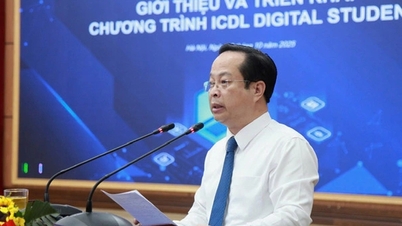

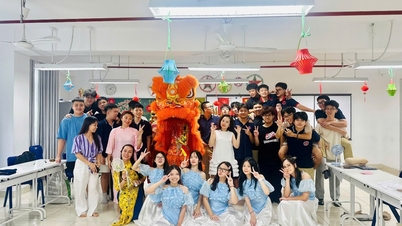

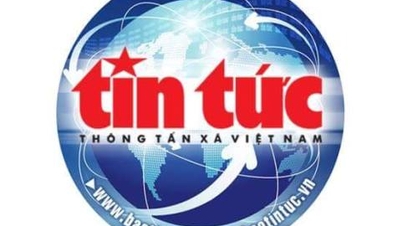

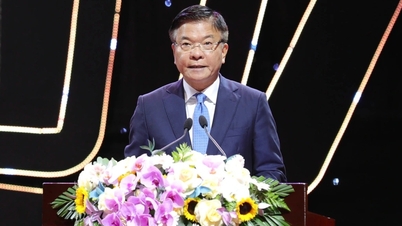
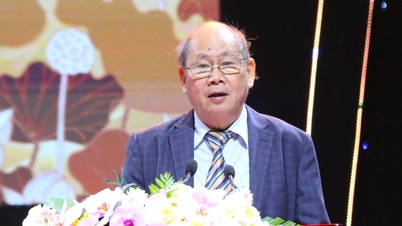

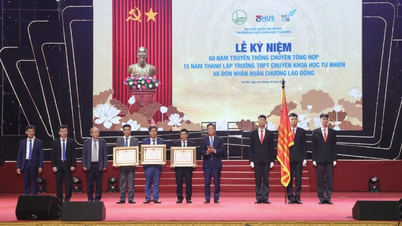







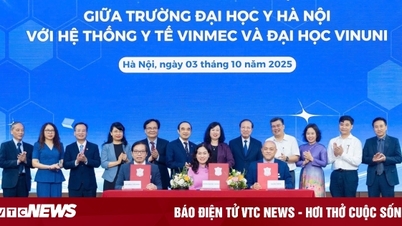




























![[VIDEO] Summary of Petrovietnam's 50th Anniversary Ceremony](https://vphoto.vietnam.vn/thumb/402x226/vietnam/resource/IMAGE/2025/10/4/abe133bdb8114793a16d4fe3e5bd0f12)
![[VIDEO] GENERAL SECRETARY TO LAM AWARDS PETROVIETNAM 8 GOLDEN WORDS: "PIONEER - EXCELLENT - SUSTAINABLE - GLOBAL"](https://vphoto.vietnam.vn/thumb/402x226/vietnam/resource/IMAGE/2025/7/23/c2fdb48863e846cfa9fb8e6ea9cf44e7)






















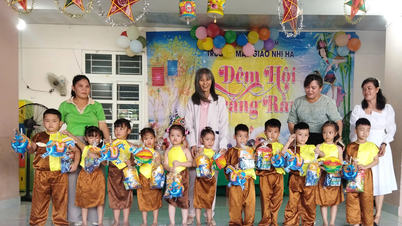








Comment (0)